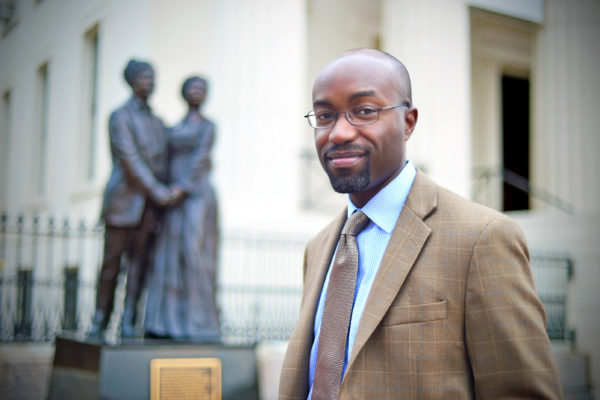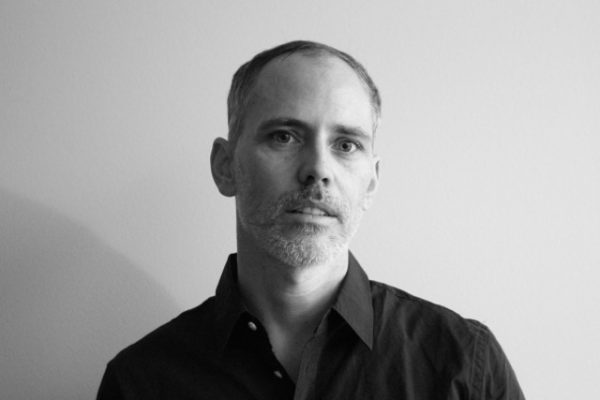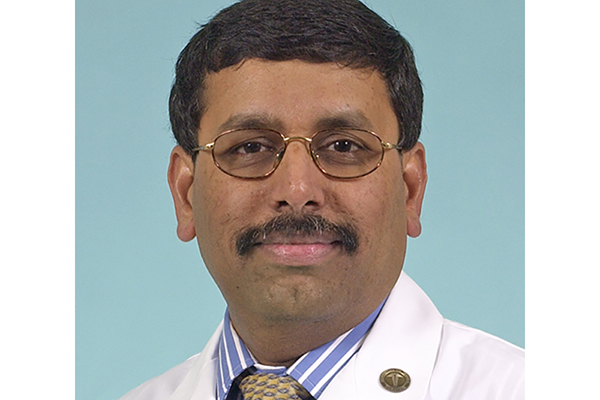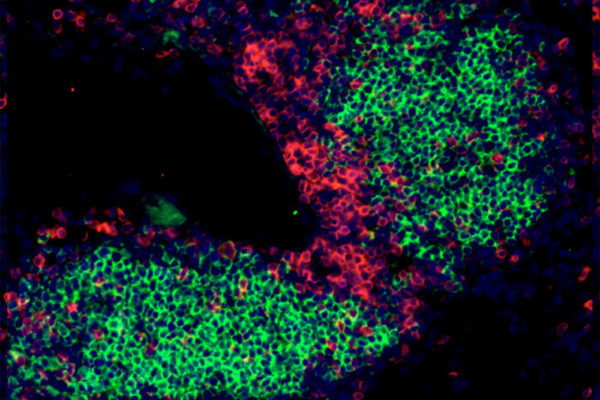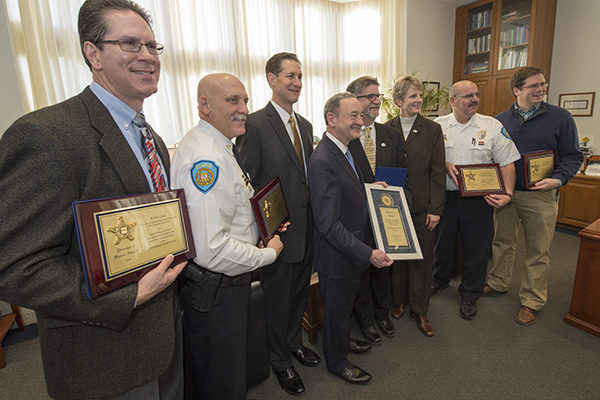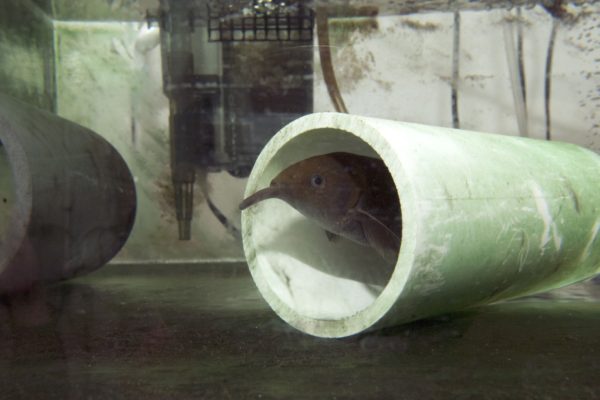Purnell named ‘Person of the Year’ by St. Louis American
Jason Q. Purnell, assistant professor in the Brown School at Washington University in St. Louis and project director of For the Sake of All, the groundbreaking initiative on the health and well-being of African-Americans in St. Louis, was named 2016 Person of the Year by The St. Louis American.
From Wydown Water to wine: Brooklyn Winery
WashU alum, Brian Leventhal left his job in the middle of the 2008 economic crisis to start Brooklyn Winery. Now, Brooklyn Winery is expanding to DC.
Many smokers with serious mental illness want to kick habit
Many with psychiatric problems want to quit smoking, but psychiatrists and caseworkers typically don’t prescribe medications to help them or refer them to services aimed at smoking cessation, researchers at the School of Medicine and BJC Behavioral Health in St. Louis have found.
Low levels of manganese in welding fumes linked to neurological problems
Welders exposed to airborne manganese at estimated levels below federal occupational safety standards exhibit neurological problems similar to Parkinson’s disease, according to School of Medicine research. The more they are exposed to manganese-containing welding fumes, the faster the workers’ signs and symptoms worsen. The findings, published Dec. 28, suggest current safety standards may not adequately protect welders.
Study: Surge pricing isn’t as painful as you may think
New research from Washington University in St. Louis’s Olin Business School shows price hikes in ride-sharing services such as Uber and Lyft during peak use times, such as New Year’s Eve, can actually benefit both drivers and consumers.
O’Callaghan wins NEH grant
Casey O’Callaghan, professor of philosophy and of philosophy-neuroscience-psychology in Arts & Sciences, has won a prestigious Fellowship for University Teachers from the National Endowment for the Humanities.
Govindan receives smoking, disease award
Ramaswamy Govindan, MD, the Anheuser-Busch Endowed Chair in Medical Oncology at Washington University School of Medicine in St. Louis, is one of two researchers to receive the 31st annual Alton Ochsner Award Relating Smoking and Disease. The award recognizes investigators who promote understanding and awareness of that relationship.
Study helps explain why tuberculosis vaccines are ineffective
A new study by the School of Medicine, published Dec. 22 in Nature Communications, helps explain why development of a better vaccine for tuberculosis has been stymied.
Washington University receives Secret Service’s highest honor for debate support
The U.S. Secret Service awarded its Director’s Award, the agency’s highest honor, to Washington University in St. Louis for its support during this year’s presidential debate.
The cost of braininess
Do big-brained creatures steal energy for them from other organs or eat more to supply this expensive tissue? New work in large-brained fish suggests skimping elsewhere is not enough to meet the energy demands of an extreme brain.
View More Stories
